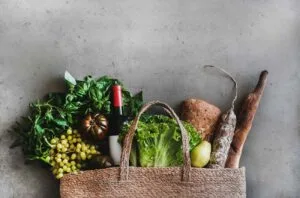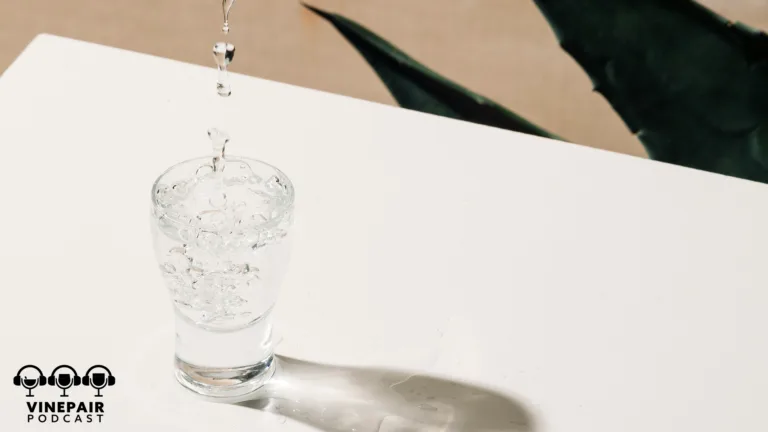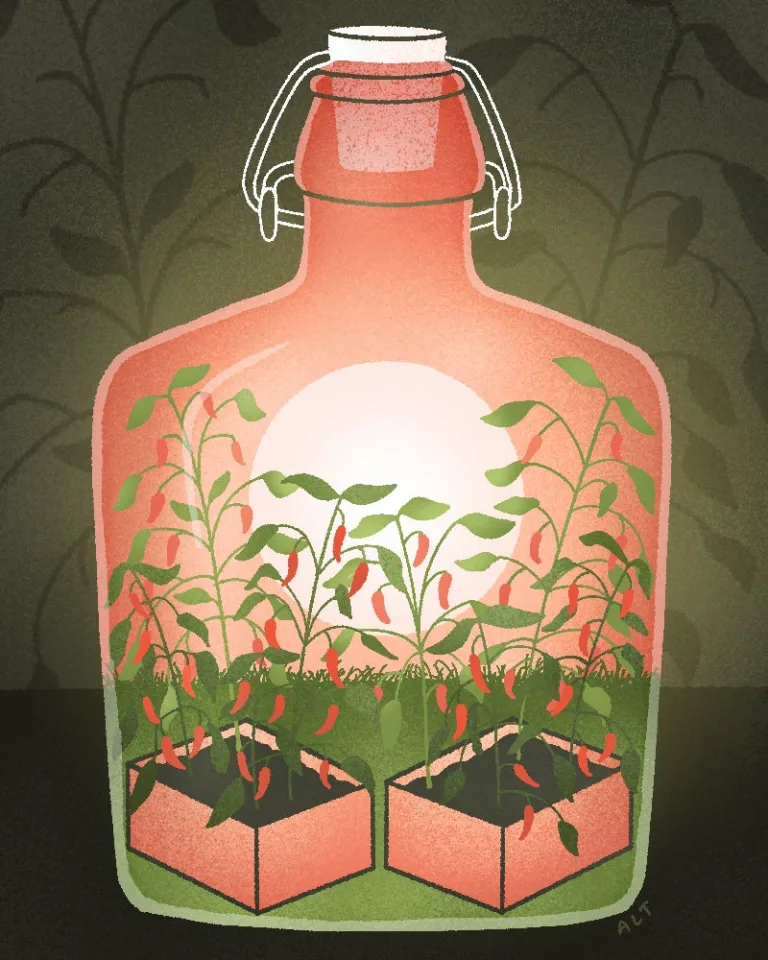Like I did in the fruit and veg aisle, it’s easy to feel hopeless in the face of climate change. But as conservationist Jake Fiennes says in his book Land Healer (BBC Books, June 2022): ‘We don’t need to throw up our hands in horror and resign ourselves to disaster.’
With a little effort and small changes, we can steer ourselves towards being more sustainably minded.
In recent years, the wine industry has seen tangible growth in knowledge sharing and collective action around the topic of sustainability. Demonstrated through organisations such as International Wineries for Climate Action (IWCA), The Porto Protocol and Sustainable Wine Roundtable, this includes the sharing of resources, experiences, problems, solutions, research and practical tools through talks, workshops and online platforms.
Wineries can benefit hugely from being members of these groups, as the pooling of resources and expertise accelerates progress. Wineries can be guided through certifications and sustainability strategies by fellow members, or by consultancies such as The Vine Strategy Group (TSVG).
A small change we can make as wine drinkers is to seek out wines made by producers that engage in these collective efforts. Many IWCA wineries will be familiar already: look out for Felton Road from New Zealand, Okanagan Crush Pad from Canada, Rioja’s CVNE, Greece’s Kir-Yianni and Lanson in Champagne.
The path to a sustainable wine industry is not solitary but communal. ‘This is not an area where wineries need to be competing with each other,’ says Rob Symington, director at Symington Family Estates,






